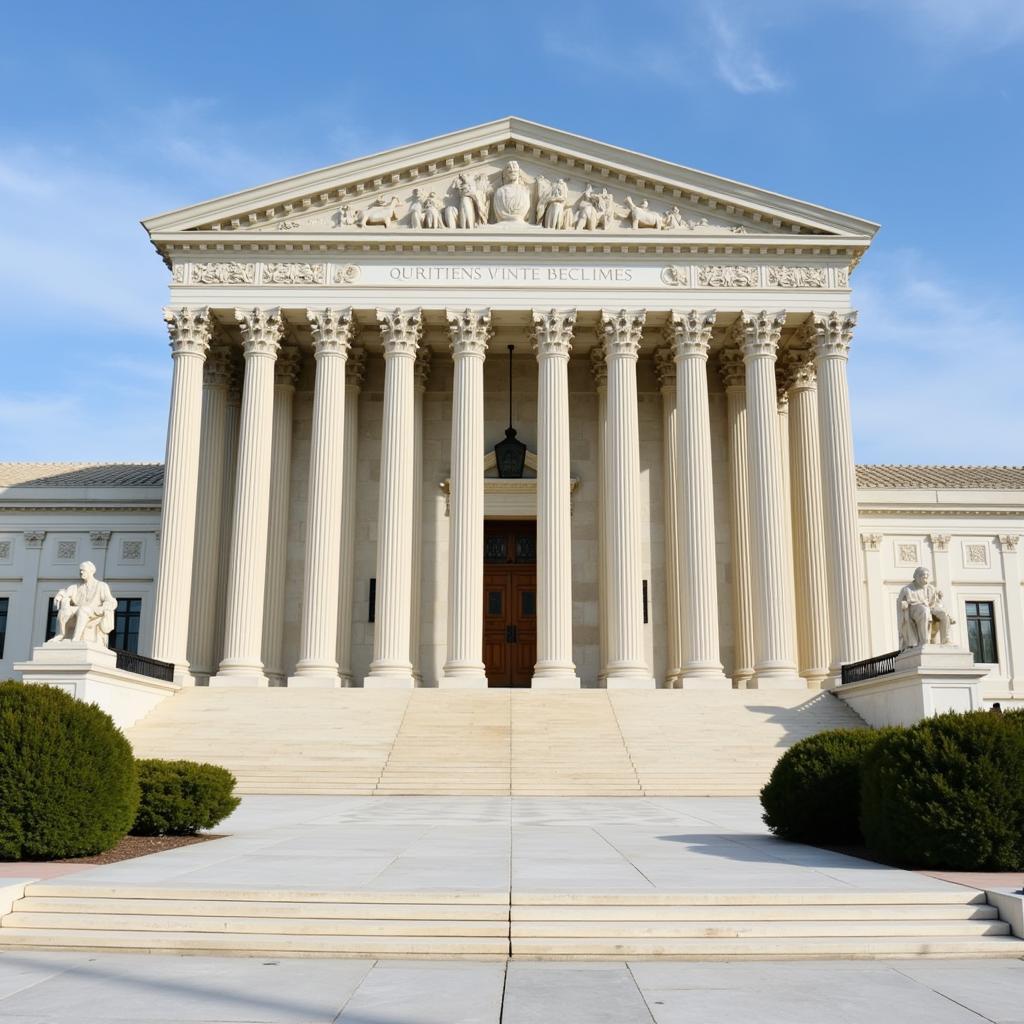The landmark case of Arizona V. Maricopa County Medical Society, decided by the Supreme Court of the United States in 1982, continues to shape the landscape of healthcare competition and antitrust law. This case, centered around price-fixing allegations within the medical profession, offers valuable insights into the balance between professional collaboration and potential restraints on trade.
Understanding the Case: A Clash of Principles
At the heart of Arizona v. Maricopa County Medical Society was the question of whether the setting of maximum fees for medical services by a foundation constituted illegal price-fixing under Section 1 of the Sherman Act. The foundation, comprised of doctors representing a significant portion of the practitioners in Maricopa County, aimed to provide affordable healthcare through prepaid plans. Participating doctors agreed to accept the set maximum fees as compensation for their services.
The State of Arizona, arguing that this practice stifled competition and inflated prices for consumers, brought the case to court. The ensuing legal battle brought to the forefront a crucial debate: when does collaboration among professionals, intended to promote affordability and access, cross the line into anti-competitive behavior that harms consumers?
The Supreme Court’s Ruling: A Victory for Competition
The Supreme Court ultimately sided with Arizona, finding that the fee-setting practices of the Maricopa County Medical Society constituted illegal price-fixing. The court reasoned that such agreements, even when undertaken with good intentions, have the potential to harm competition and ultimately hurt consumers by artificially inflating prices and limiting choices.
 Supreme Court Building
Supreme Court Building
This decision sent shockwaves through the medical community and beyond, clarifying that even professions with ethical codes and public service obligations are not exempt from antitrust scrutiny. The ruling reinforced the principle that the benefits of competition, including lower prices and increased innovation, outweigh the potential advantages of professional self-regulation that could stifle competition.
The Legacy of Arizona v. Maricopa County Medical Society: Shaping Healthcare and Beyond
The impact of Arizona v. Maricopa County Medical Society continues to resonate today, influencing how healthcare is structured and delivered. The case serves as a stark reminder that collaborative efforts, even when well-intentioned, must be carefully scrutinized to ensure they do not inadvertently harm competition.
 A stethoscope lying on medical documents
A stethoscope lying on medical documents
The principles established in this case extend far beyond the realm of healthcare. The decision has implications for any profession that seeks to regulate itself, particularly in areas involving pricing and competition. From legal services to accounting, the message is clear: antitrust laws apply to all, and efforts to limit competition, even in the name of professional standards, will face scrutiny.
Conclusion: A Call for Vigilance and Balance
Arizona v. Maricopa County Medical Society stands as a testament to the importance of a competitive marketplace, even in sectors driven by professional ethics and public service. The case reminds us that vigilance is necessary to ensure that collaborative efforts do not inadvertently stifle competition and harm consumers. Striking a balance between professional collaboration and a competitive landscape remains an ongoing challenge, requiring ongoing dialogue and careful consideration to ensure that all stakeholders benefit.
Need support? Please contact us:
Phone Number: 02043854663
Email: [email protected]
Address: Khu 34, Bac Giang, 260000, Vietnam
Our customer service team is available 24/7.